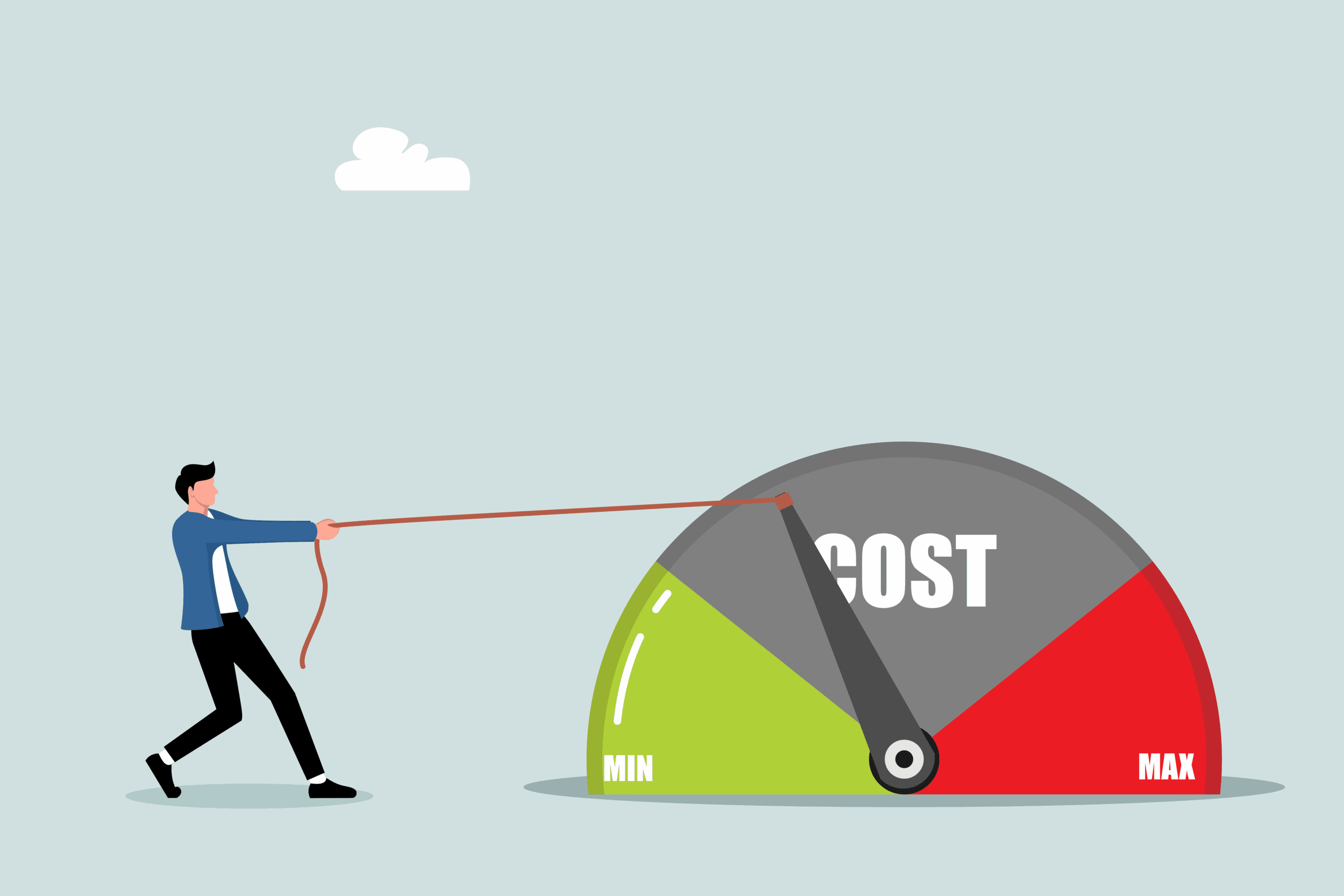Partnering with a Professional Employer Organization (PEO) can be a game-changer for small businesses. A PEO not only simplifies payroll processing and ensures compliance with complex labor laws but also provides access to enterprise medical benefits at a discounted rate. By streamlining HR tasks, a PEO allows you to focus on growing your business. However, like any partnership, not all PEO arrangements are a perfect fit.
If you’re wondering whether it’s the right time to switch PEOs—or if you should stick with your current one—this guide will help you make an informed decision. We’ll explore common scenarios that suggest it’s time for a change, when it’s better to hold off, and how a PEO broker can guide you through the process.
Is It Time to Switch PEOs? Key Signs to Look For
Switching PEOs isn’t a decision to take lightly. Before making the leap, here are some compelling reasons that might indicate it’s time for a change.
1. Your Current PEO Is Too Expensive
Cost matters, especially for small businesses. While PEOs charge fees for valuable services, these costs should remain reasonable. If your current PEO medical renewal is high, it’s worth reevaluating whether you’re getting the ROI you deserve.
Tip: A low medical renewal can actually create opportunities to secure a better deal with other PEOs. If you’re open to exploring your options, a lower renewal can make you more appealing to other providers, giving you the advantage when negotiating for better terms.
2. Limited Service Offerings
Every small business has specific needs, and your PEO should be able to meet them. If your current provider lacks the services your business relies on—like advanced employee training programs, risk management, or competitive/innovative benefits packages—it might be time to explore other options with more comprehensive offerings.
3. Poor Customer Support
Good support is non-negotiable. Long wait times, unanswered emails, or chatbots that can’t solve your problems create stress and wasted time. Your PEO should be responsive and provide solutions—if they consistently fail to resolve issues promptly, it reflects poorly on your overall experience.
4. Your Business Has Outgrown Them
Your needs evolve as your business grows. Perhaps your workforce has doubled in size, requiring more robust tools and expertise. If your current provider isn’t keeping up with your company’s growth, it’s time for a change.
5. Compliance Gaps or Risk Issues
One of the main benefits of working with a PEO is ensuring compliance. But if you notice recurring issues with filing errors, late tax payments, or mishandled payroll, this may cost you more than you gain. A PEO should protect your business, not expose it to unnecessary risk.
When Staying with Your PEO Might Be the Better Option
Not every problem requires starting over with a new provider. There are certain situations where adjusting your relationship with your existing PEO might make more sense than a switch.
1. Short-Term Issues vs. Long-Term Trends
A rough quarter or a one-off hiccup in service may frustrate you, but it doesn’t necessarily signal that you need a new PEO. Look for patterns over time—frequent errors, repeated discrepancies, or consistently poor support are cause for concern. However, if the issues are isolated, you may be able to address them through open communication.
2. Alignment with New Goals
Sometimes, a PEO just needs a clearer understanding of your evolving needs. If they’re willing to adjust services to align with your growth goals—whether it’s adding more customized HR solutions or lowering their fees—it could be worthwhile to stay. Schedule a meeting to explain your concerns before severing ties.
3. Cost-Benefit Consideration of Switching
Switching PEOs isn’t just about finding a better partner—it’s also about weighing the cost of transition. The time and effort it takes to onboard a new team, input data, train employees, and finalize contracts can be significant. If the benefits of switching outweigh these costs, proceed. If not, consider whether your current provider can improve.
How a PEO Broker Can Simplify the Transition
Deciding to switch providers is one challenge—navigating the process is another entirely. That’s where a PEO broker can add incredible value.
What Does a PEO Broker Do?
A PEO broker helps businesses find the best-fit PEO for their needs. They assess your company’s unique requirements, compare multiple PEOs, and guide you through the decision-making process.
Benefits of Working with a PEO Broker
- Time Savings: Researching and vetting PEOs can be overwhelming. A broker does the heavy lifting for you by streamlining the search process.
- Expertise: Brokers are familiar with the industry and can see past marketing fluff to determine whether a provider truly meets your needs.
- Personalized Recommendations: They tailor recommendations based on company size, industry, and services important to your business.
- Cost Negotiation: Brokers have established relationships with PEOs and can help you secure better rates or terms.
How to Choose the Right Broker
When selecting a PEO broker, look for the following qualities:
- Proven experience in your industry
- Honest about recommendations based on what’s best for your company
- Positive reviews or referrals from other businesses
Switching PEOs Can Help You Scale Smarter
The decision to stay with or switch PEOs comes down to what’s best for your business’s long-term success. If your current provider no longer meets your needs—whether due to cost, support quality, or outdated services—it might be time for a change. But if the problems are fixable through open communication, staying could save you time and hassle.
If you decide switching is the best move, don’t go it alone. A PEO broker can simplify the process, minimizing disruption while ensuring you find a provider that aligns with your company’s growth goals.
Take the next step in optimizing your HR services—contact a PEO broker today to explore your options.





